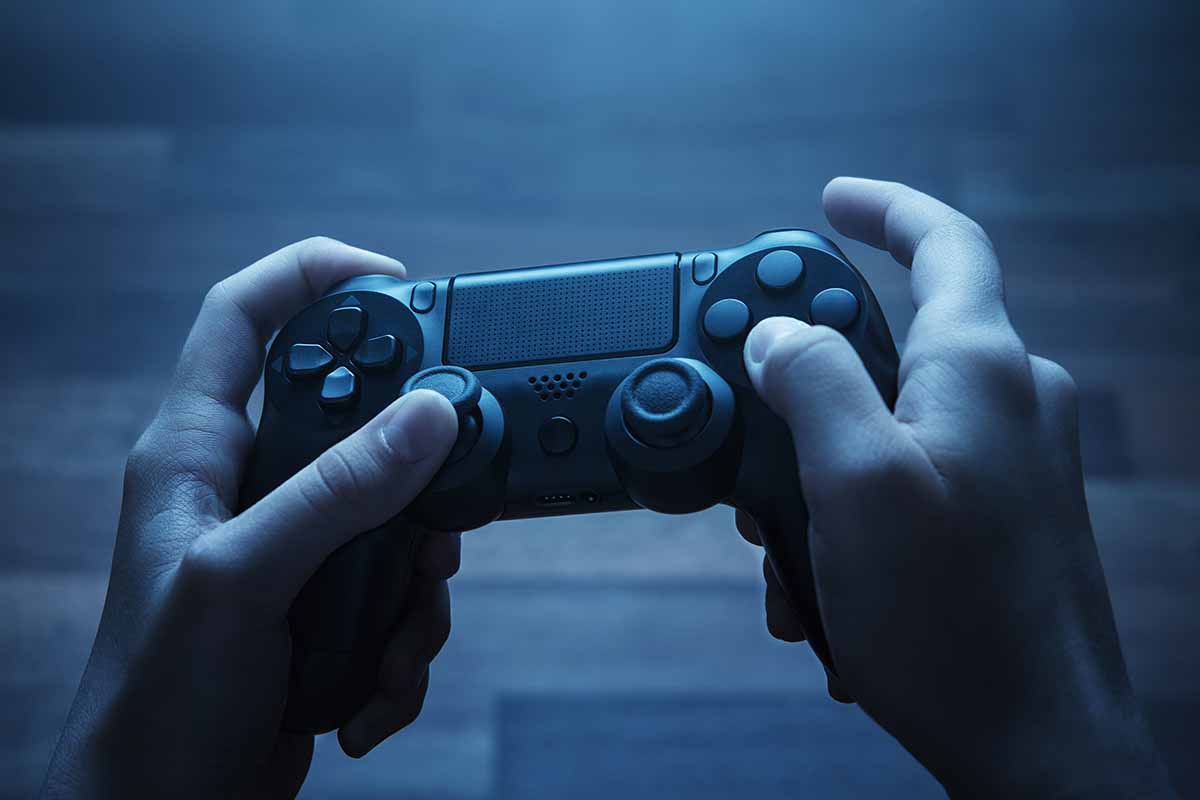No one knows precisely what addictive quality there is in gaming. However, some theories suggest that completing a game releases dopamine that improves mood and provides an energy rush. It is the same neurotransmitter that occurs in other addictive behaviours. If your teen has an obsessive preoccupation with gaming, you may have reason to be concerned. Teens may spend more time playing video games than participating in life. The lack of participation may include less social interaction with friends and family or ignoring responsibilities such as chores and school work.
Signs of Video Game Addiction
At Venture Academy, we specialize in helping teens break the cycle of video game addiction. If you think your child may be at risk, some early warning signs of video game addiction include:
- Poor performance at school or work
- Ignoring household responsibilities
- Neglecting hobbies or friendships
- Unable to adhere to time limits on gaming
It may be difficult to determine whether the above signs of video game addiction are the result of excess gaming; however, they should be monitored. As the gaming obsession increases, a teen may exhibit more serious behavioural issues.
Poor Personal Hygiene
Teens become so absorbed in gaming they forget to take showers or change clothes. Some poor hygiene comes from their inability to manage the time spent gaming. Teens still have obligations such as school or work that they are trying to fulfill. However, they stay up late or can’t break from gaming in enough time to shower or change clothes and still arrive at work or school on time.
Going without eating or sleep in order to play games can lead to more serious health issues. Diet and sleep disorders may develop, leading to long-term health problems. Lack of proper diet and exercise in teenagers can lead to diabetes and heart disease later in life. It can also impact brain development.
Increased Irritability
As teens become more obsessed with gaming, they are irritated, even angry, when they are forced to stop playing. Teens may become furious when people enter their playing space without permission, inhibiting their ability to play. Teens may also be more restless or agitated when they cannot play as much as they want. They are more likely to have outbursts or have inappropriate emotional responses as they become more dependent on gaming.
Withdrawal
Teens become so focused on gaming that they spend every minute in front of a video game. They stop participating in family events or outings with friends. Eventually, people stop asking, and the gamer becomes more isolated. Increased isolation can lead to depression and other mental disorders.
Consequences of Video Game Addiction
If gaming is not brought under control, teens can suffer financial and academic repercussions. They may be late to work or unable to perform duties because of fatigue. Poor performance can result in loss of employment. Because gaming equipment can be expensive, losing a source of income may lead gamers to make poor choices. In the same way, students may fail to complete assignments and risk dropping out of school because they are unable to focus on anything other than gaming.
Help Your Teen with Video Game Addiction Treatment at Venture Academy
Teens and young adults are quick to accept activities that provide instant gratification, such as video or online games. The thrill of winning can quickly become an obsession that takes over their lives. Sometimes the standard approaches to gaming obsession such as imposing consequences and controlling accessibility do not work. Even individualized counselling may be ineffective. At this point, teens may need a specialized program for video game addiction treatment.
At Venture Academy, we specialize in electronic treatment programs for teens across Canada, Alberta and Ontario locations. Reach out to our team today by calling 866.762.2211 or visiting us online.







